Weapons Manufacturing Companies That Support Israel have delivered more than 10,000 tons of arms since October 2023, including over 15,000 bombs and 50,000 artillery shells in just the first six weeks of the conflict. The United States government approved more than 100 military sales to Israel between October 2023 and early March 2024, yet publicly disclosed only two of these transactions.
The Israeli weapons industry has experienced unprecedented growth during this period, with major Israeli weapons manufacturers like Elbit Systems reporting record revenues. Additionally, international corporations supplying Israel military equipment have seen significant stock price increases, including Lockheed Martin, RTX, Boeing, and General Dynamics. Despite the International Court of Justice indicating that Israel’s actions may amount to genocide, the flow of weapons continues, supported by billions in U.S. funding beyond the annual $3.8 billion military aid package.
This article examines the extensive network of Israeli weapons manufacturing companies and their international partners, the technologies they provide, and the financial institutions that enable their operations during a conflict that has resulted in tens of thousands of Palestinian casualties.
The Network of Weapons Manufacturing Companies That Support Israel
Israel’s military capabilities rest on a vast international network of support, spanning defense contractors, technology firms, and foreign governments. This extensive ecosystem combines domestic production with foreign procurement to maintain one of the world’s most advanced military forces.
How the global arms trade fuels the conflict
The global arms trade forms a critical backbone for Israel’s military operations. The United States stands as Israel’s primary weapons supplier, providing not just equipment but also substantial financial backing. This relationship goes beyond simple transactions, forming a strategic partnership that shapes regional power dynamics.
Foreign weapons systems enter Israel through various channels. Government-to-government sales represent the most visible pathway, often accompanied by diplomatic support and technical assistance packages. Commercial contracts between Israeli defense agencies and foreign manufacturers constitute another significant avenue, allowing for customization of military systems to meet specific operational requirements.
Furthermore, technology transfer agreements enable Israeli companies to produce licensed versions of foreign weapons domestically. This arrangement benefits both parties—Israel gains technical expertise while foreign companies access Israel’s renowned testing environment, where equipment undergoes real-world evaluation.
The implications of these arms transfers extend far beyond Israel’s borders. Neighboring countries often respond by seeking their own military enhancements, creating a regional arms race. Meanwhile, weapons tested in actual combat situations gain “battle-proven” status, significantly increasing their marketability worldwide.
Overview of Israel’s weapons manufacturing and imports
The Israeli weapons industry operates as a sophisticated ecosystem combining domestic innovation with strategic imports. Israeli weapons manufacturers have developed internationally recognized expertise in several domains:
- Electronic warfare and intelligence systems: Technologies that disrupt enemy communications and collect battlefield intelligence
- Unmanned aerial vehicles (UAVs): From reconnaissance drones to armed platforms
- Missile defense systems: Including the Iron Dome and David’s Sling
- Small arms and ammunition: Exported globally to military and law enforcement agencies
Notably, Israeli defense companies have transformed from simple manufacturing entities into global technology providers. Their success stems partly from a unique development model that rapidly incorporates combat lessons into product improvements. This approach creates a feedback loop where operational experience directly influences design modifications.
Despite its robust domestic capabilities, Israel remains heavily dependent on imports for certain categories of military equipment. Major platforms like fighter aircraft, heavy tanks, and naval vessels typically originate from foreign sources, predominantly American. These imports often arrive with preferential financing terms unavailable to other countries.
The integration between domestic and imported technologies creates a multiplier effect. Israeli engineers frequently modify foreign systems, enhancing their capabilities beyond original specifications. This adaptation process has yielded numerous innovations later incorporated into Israeli military equipment and subsequently marketed internationally.
The Israeli weapons manufacturing sector also benefits from specialized knowledge transfer, as many industry leaders previously served in elite military units. This pipeline ensures defense companies maintain an intimate understanding of operational requirements, resulting in highly targeted product development.
This intricate network—spanning government agencies, private companies, research institutions, and international partners—forms the foundation of Israel’s military-industrial complex, enabling it to maintain technological superiority despite geographic and demographic constraints.
Major Israeli weapons manufacturers and their roles
The Israeli weapons industry rests upon a foundation of four major defense manufacturers, each specializing in distinct military technologies while collaborating on integrated systems. These companies form the backbone of Israel’s defense capabilities and export success.
Elbit Systems
Elbit Systems stands as Israel’s largest defense contractor, producing 85% of the Israel Defense Force’s land-based equipment and 85% of the drones used by the Israeli Air Force. Founded in 1966, this technology powerhouse reported revenues of USD 6.80 billion in 2024, reflecting its dominant position. Elbit explicitly advertises its products as “battle-tested” in Gaza and the West Bank operations, using combat experience as a marketing advantage. The company employs over 18,400 people globally, with most based in Israel. Elbit’s extensive portfolio includes unmanned aircraft systems, electronic warfare technologies, and intelligence surveillance systems.
Israel Aerospace Industries (IAI)
IAI, Israel’s major aerospace manufacturer, focuses on aerial and astronautic systems for both military and civilian applications. This state-owned corporation employs approximately 15,000 people and reported revenues of USD 4.97 billion in 2022. Originally established in 1953 as Bedek Aviation Company, IAI has evolved into a global leader in air defense technologies, particularly through its ELTA Systems division’s radar solutions. Their multi-mission radar system has been sold to over 20 countries for a total exceeding USD 7 billion, forming the backbone of Israel’s Iron Dome and David’s Sling defense systems.
Rafael Advanced Defense Systems
Rafael Advanced Defense Systems originated as Israel’s National R&D Defense Laboratory before incorporation as a limited company in 2002. After years of operating at a loss (peaking at USD 120 million in 1995), Rafael’s restructuring proved successful, with the company reporting annual net profits of 473 million ILS (approximately USD 130 million) in 2016. Rafael specializes in missile systems, active protection technologies, and AI-integrated intelligence systems. Their Iron Dome defense system achieved over 90% interception success rates within its first year of deployment.
IMI Systems (now part of Elbit)
Elbit Systems completed its acquisition of state-owned IMI Systems in 2018 for approximately USD 495 million, consolidating Israel’s defense industry. This strategic purchase brought IMI’s expertise in rockets, precision munitions, and vehicle protection systems under Elbit’s umbrella. Consequently, Elbit positioned itself as a “one-stop shop” for defense needs, especially beneficial for armored vehicle projects requiring integrated solutions.
Smaller domestic suppliers
Beyond the major players, Israel hosts several smaller weapons manufacturers contributing to the broader defense ecosystem. Israel Weapon Industries (IWI), formerly the small arms division of IMI that was privatized in 2005, develops and manufactures firearms used by military and law enforcement agencies worldwide. Together, these companies ensure Israel maintains its position as a significant global arms developer and exporter.
Top international companies supplying Israel
Beyond domestic production, Israel relies heavily on foreign defense contractors to maintain its military capabilities. These international partnerships form a critical component of the Israeli weapons manufacturing ecosystem, supplying everything from advanced fighter jets to specialized ground equipment.
Lockheed Martin
Lockheed Martin, the world’s largest weapons manufacturer, provides Israel with crucial aerial combat systems. The company supplies F-16 and F-35 fighter jets that Israel has used extensively in military operations. Their Hellfire missiles, manufactured for Israel’s Apache helicopters, have been deployed in significant numbers, with approximately 2,000 delivered between October and November 2023. Moreover, Lockheed’s C-130 Hercules transport planes support ground operations, with a December 2023 mission dropping seven tons of equipment to Israeli forces in Khan Younis. The U.S. State Department approved a USD 660 million deal for Lockheed to sell additional Hellfire missiles to Israel in early 2025.
Boeing
Boeing’s relationship with Israel spans more than 75 years, dating back to the founding of the state itself. The company has maintained corporate offices in Tel Aviv since 1969 and works with over 45 Israeli suppliers. In 2024, Israel signed a USD 5.2 billion agreement to acquire 25 next-generation F-15 fighter jets from Boeing, with deliveries beginning in 2031. This deal includes options for 25 additional aircraft and is part of a broader USD 40 billion procurement strategy initiated since October 2023.
General Dynamics
General Dynamics supplies Israel with critical ground combat systems and munitions. In 2015, the company secured a USD 310 million contract to produce kits for Israel’s Namer heavy troop carrier. Additionally, General Dynamics manufactures the MK-80 series bombs, including the 2,000-pound MK-84 bombs with a 30-meter kill radius. Between October and December 2023, the U.S. reportedly sent Israel more than 5,000 MK-84 bombs.
RTX (Raytheon)
RTX, through its Raytheon subsidiary, partners with Rafael Advanced Defense Systems to produce the Iron Dome missile defense system. This system has intercepted more than 1,500 incoming targets with a success rate exceeding 90 percent since 2011. In 2024, the U.S. State Department approved the sale of 30 AMRAAM missiles manufactured by Raytheon to Israel at a cost of USD 102.5 million.
Caterpillar and other non-traditional suppliers
Caterpillar’s D9 bulldozers serve dual civilian-military purposes in Israel. These machines are imported through Israeli Tractors and Equipment (ITE) and modified with advanced armor, including slat armor and belly protection that adds approximately 34,000 pounds to their weight. The UN High Commissioner on Human Rights has warned that by supplying bulldozers to the IDF, Caterpillar may be complicit in human rights violations.
Leonardo and European defense firms
Italy’s Leonardo manufactures the Oto Melara 76/62 Super Rapid 76mm naval guns installed on Israel’s Sa’ar warships. The company’s DRS Sustainment Systems subsidiary received a USD 15.4 million contract in December 2023 to manufacture heavy-duty tank trailers for Israel. European defense firms often operate under less public scrutiny than their American counterparts, yet they provide essential components for Israel’s military equipment.
The role of technology and cloud services in warfare
Modern warfare increasingly depends on data analytics and cloud computing, with major technology corporations now as crucial as traditional weapons manufacturers. These companies provide the digital infrastructure that powers surveillance, intelligence gathering, and precision targeting systems.
Amazon Web Services (AWS)
AWS serves as the primary storage platform for Israel’s Military Intelligence Directorate, housing vast surveillance data on Gaza’s population. According to intelligence sources, AWS provides Israel with “endless storage” for intelligence information on “everyone” in Gaza. The exponential capacity of Amazon’s cloud system became necessary when the volume of collected intelligence—particularly billions of audio files—exceeded what military servers alone could handle. In some instances, this stored intelligence has supported airstrikes that resulted in civilian casualties.
Google Cloud and Project Nimbus
Project Nimbus, a USD 1.20 billion joint contract between Google and Amazon signed in 2021, supplies cloud computing infrastructure and artificial intelligence services to the Israeli government and military. Though initially restricted to non-classified materials, security sources revealed that since October 2023, these cloud services have been used for classified information. Internal documents showed Google executives had concerns about the contract potentially facilitating human rights violations. Nevertheless, Google expected to receive USD 525.00 million from Israel’s Ministry of Defense between 2021 and 2028.
Microsoft Azure and AI tools
Microsoft acknowledged providing the Israeli military with software, professional services, cloud storage, and AI services during the Gaza war. The company supplied special access to its technologies for hostage rescue operations. Microsoft’s Azure platform serves Israel’s air, ground, and naval forces, as well as its intelligence department. The corporation also reportedly granted the Israeli military access to OpenAI’s GPT-4 model.
Palantir’s data analytics for targeting
Palantir Technologies has experienced high demand from Israel since October 2023. The company supplies its Artificial Intelligence Platform, which aids battlefield intelligence and decision-making, including analyzing enemy targets and proposing battle plans. According to Palantir’s CEO, from the moment algorithms detect targets until they are “prosecuted”—a military euphemism for killed, only two to three minutes elapse.
[Read full article: Tech Companies That Support Israel]
Financial institutions backing weapons companies
Behind every weapons manufacturer stands a network of financial institutions providing crucial funding. These banks and asset managers essentially serve as the economic backbone for companies supplying military equipment to Israel.
Top banks and asset managers are involved
Major investment banks have played a pivotal role in financing Israel’s military operations through sovereign bonds. Goldman Sachs leads this effort, having underwritten more than USD 7.00 billion in Israeli “war bonds” since October 2023. Other significant underwriters include Bank of America, Deutsche Bank, BNP Paribas, Citi, Barclays, and JPMorgan Chase. Together, these institutions helped Israel issue sovereign bonds worth USD 19.40 billion between October 2023 and January 2025.
Asset management firms likewise invest heavily in weapons manufacturers. BlackRock, the world’s largest investment company with USD 10.50 trillion in assets under management, has operated in Israel since 2016. PIMCO, a subsidiary of German financial services company Allianz, has purchased almost USD 1.00 billion in Israeli bonds since the conflict began. Other major asset managers involved include Vanguard Group, State Street Corporation, and Fidelity Management & Research.
How investments enable arms production
Financial institutions provide two critical forms of support: direct financing through loans and underwriting services, plus investments through purchasing shares and bonds. European financial institutions alone have provided 36.1 billion EUR in loans and underwriting to companies selling weapons to Israel, while holding 26 billion EUR in shares and bonds in these companies.
French bank BNP Paribas stands as the largest finance provider, contributing 5.7 billion EUR in loans and underwritings since 2021. This capital flow enables weapons manufacturers to develop new technologies, expand production capabilities, and fulfill military contracts.
Calls for divestment and accountability
Growing pressure for financial institutions to divest from weapons manufacturers has emerged from various quarters. The University of San Francisco recently announced plans to divest from four U.S. defense companies with Israeli military contracts, including Palantir, L3Harris, GE Aerospace, and RTX Corporation.
International standards on business and human rights establish clear responsibilities for financial institutions to ensure they do not invest in companies contributing to human rights violations. UN experts have warned that failure to prevent or mitigate business relationships with arms manufacturers could move financial institutions from being “directly linked” to human rights abuses to “contributing to them”.
Final Thoughts
As global scrutiny intensifies, arms manufacturers face mounting legal and ethical challenges for their role in supplying weapons to Israel. Corporate risk has reached unprecedented levels beyond humanitarian concerns, with UN experts explicitly warning companies about potential complicity in crimes against humanity in Gaza.
First of all, the financial implications have already begun materializing. Japanese company Itochu terminated cooperation with Israeli defense company Elbit following the 2023 International Court of Justice decision ordering Israel to prevent genocide. Similarly, Norwegian pension fund KLP divested from Caterpillar due to its role in settlement construction.
In reality, the Middle East continues to be one of the world’s largest arms-importing regions, accounting for 27% of global arms imports in 2020-24. The United States remains Israel’s dominant supplier, providing 69% of Israel’s major conventional weapons imports between 2019 and 2023.
Certainly, some countries have taken action. The UK recently suspended arms export licenses for items potentially used in Gaza operations due to concerns about violations of international humanitarian law. After all, these decisions reflect growing international pressure on governments to enforce accountability.
Ultimately, the UN experts’ position is clear—arms companies must conduct “enhanced human rights due diligence” to ensure their products don’t violate international laws. When this isn’t possible, companies must pursue a “responsible exit from exports”.
The global landscape continues evolving, evidently demonstrated by China’s positioning as a “flexible and pragmatic alternative” to Western suppliers, offering competitive solutions with fewer political restrictions. Israel itself ranks as the ninth-largest arms exporter worldwide, with defense exports valued at more than USD 13 billion in 2023.
To clarify the legal stance, Palestinian representatives have stated that states providing weapons to Israeli military operations make themselves “complicit in the genocide against the Palestinian people”. Indeed, the divide remains stark between companies recognizing ethical and business imperatives versus those continuing business as usual amid intensifying humanitarian concerns.
FAQs
Q1: Which weapons manufacturers support Israel’s military operations?
Major weapons manufacturers supplying Israel include Elbit Systems, Israel Aerospace Industries (IAI), Rafael Advanced Defense Systems, and IMI Systems domestically. Internationally, top suppliers include Lockheed Martin, Boeing, General Dynamics, RTX (Raytheon), Caterpillar, and Leonardo.
Q2: How many weapons have been delivered to Israel since October 2023?
Over 10,000 tons of arms have been delivered, including more than 15,000 bombs and 50,000 artillery shells within just the first six weeks of the conflict, often through U.S. military aid and private defense contracts.
Q3: What is the U.S. role in arming Israel?
The United States is Israel’s primary weapons supplier, having approved over 100 arms sales between October 2023 and March 2024. It also provides $3.8 billion annually in military aid, plus additional unannounced funding and diplomatic support.
Q4: Which international corporations profit from arms sales to Israel?
Companies like Lockheed Martin, Boeing, RTX (Raytheon), General Dynamics, and Palantir have seen stock surges due to increased arms demand. Contracts include fighter jets, drones, smart munitions, and data platforms used for military targeting.
Q5: What is Elbit Systems’ role in Israel’s military operations?
Elbit Systems is Israel’s largest private defense contractor, producing 85% of land equipment and military drones for the IDF. The company explicitly markets its products as “battle-tested” in Gaza, and it saw record revenue growth in 2024.
Q6: How do banks and investors support Israel’s weapons industry?
Major financial institutions such as Goldman Sachs, JPMorgan, BlackRock, Citi, BNP Paribas, and Deutsche Bank fund weapons manufacturers through loans, bond underwriting, and shareholdings, directly enabling arms production and procurement.
Q7: What is Project Nimbus, and how does it support warfare?
Project Nimbus is a $1.2 billion cloud computing contract involving Google and Amazon, providing AI tools and cloud infrastructure to Israel’s military. Despite public denials, internal reports show its services are used for classified military operations.
Q8: What weapons have been used in Israeli attacks on Gaza?
Israel has used a range of U.S.-supplied munitions, including Hellfire missiles, MK-84 2,000-pound bombs, and F-16/F-35 fighter jets. These weapons have contributed to tens of thousands of civilian casualties and widespread infrastructure destruction.
Q9: What role does Palantir play in Israel’s military targeting?
Palantir Technologies provides AI-powered platforms for real-time battlefield intelligence and target analysis. Its software reportedly enables Israel to execute attacks within 2–3 minutes of identifying targets via automated surveillance.
Q10: Are there calls for divestment from arms companies aiding Israel?
Yes. Universities, pension funds, and activist groups are calling for divestment from defense firms linked to Israel. Notably, Itochu, KLP, and the University of San Francisco have already withdrawn support from companies like Elbit and Caterpillar.
Q11: Is Caterpillar complicit in human rights violations in Palestine?
Caterpillar’s D9 bulldozers, modified for military use, have been used in demolitions and ground incursions in Gaza and the West Bank. The UN warns that this makes Caterpillar potentially complicit in violations of international law.
Q12: Are arms companies legally accountable under international law?
According to UN experts, arms manufacturers must conduct enhanced human rights due diligence. Failing to prevent their weapons from contributing to potential genocide or war crimes may make them legally complicit in crimes against humanity.

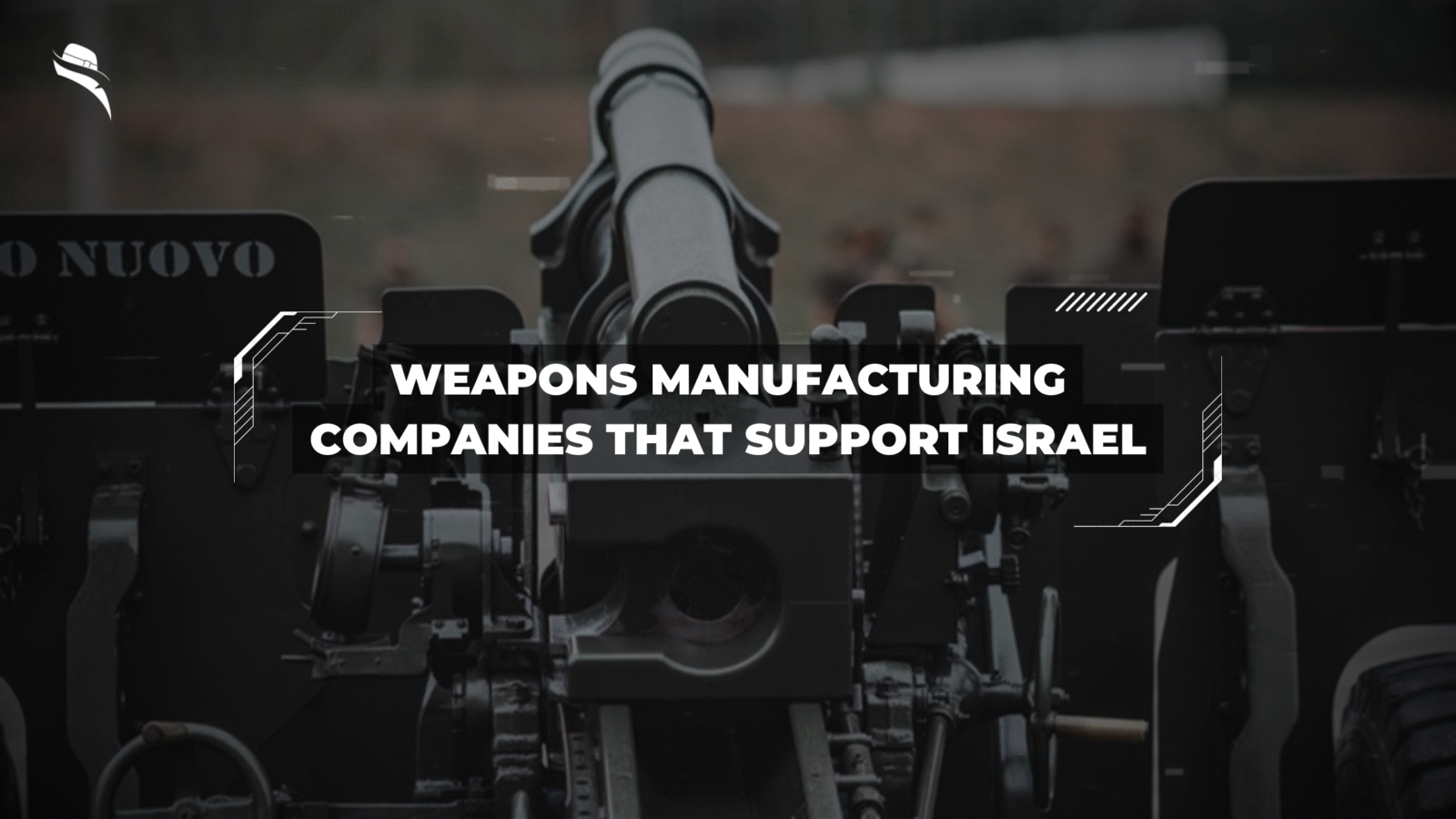
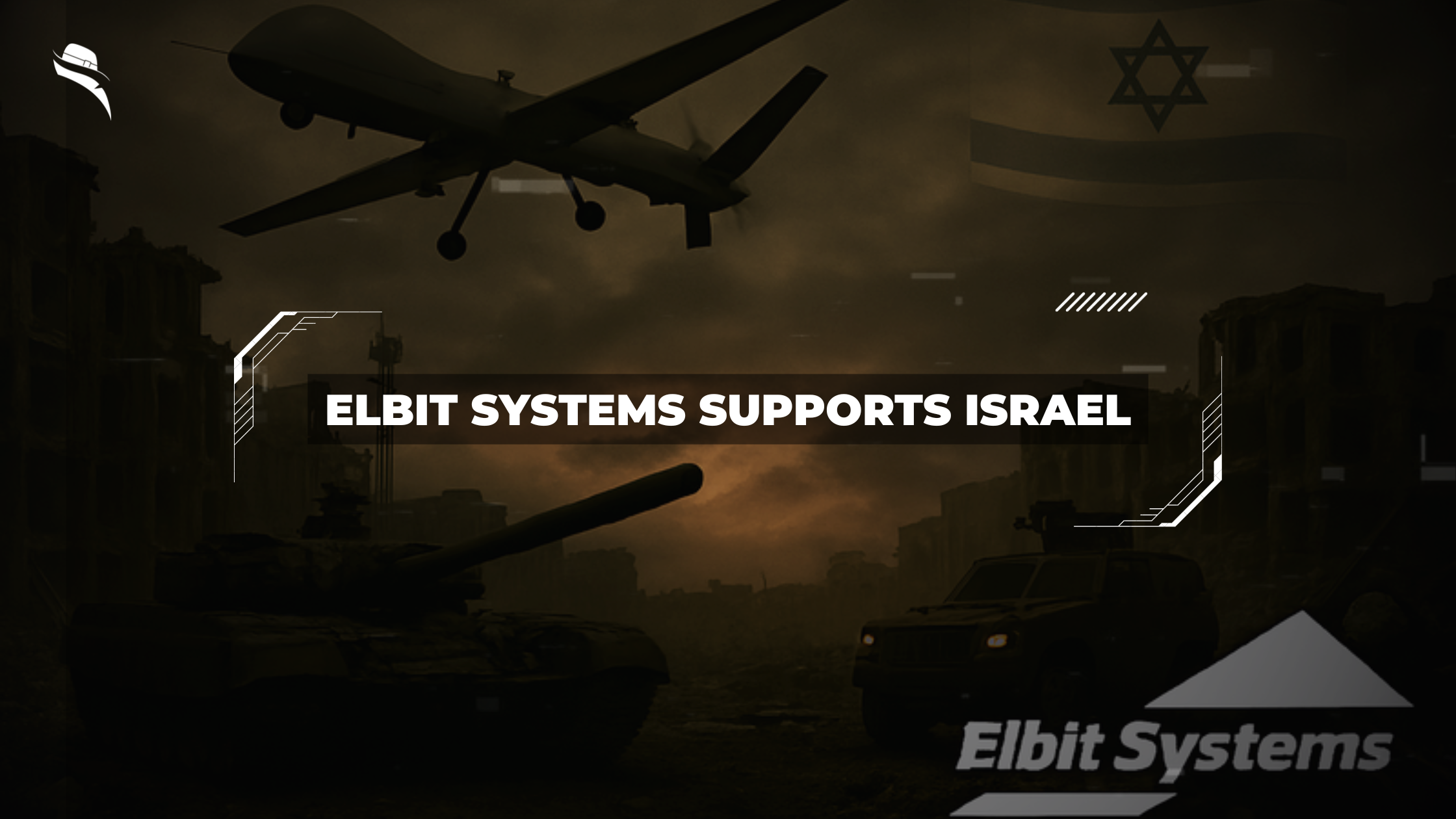

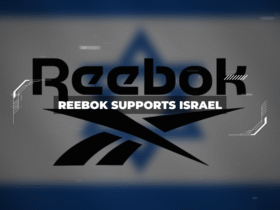
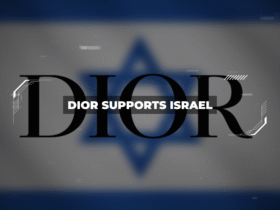
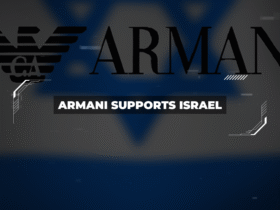
10 Comments